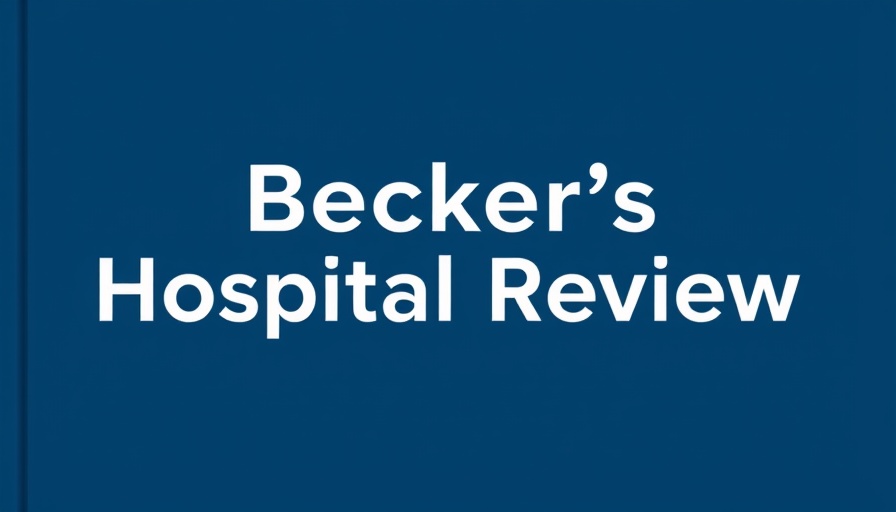
Unpacking RFK Jr.'s Controversial CDC Vaccine Panel Changes
On June 11, Secretary of Health and Human Services (HHS) Robert F. Kennedy Jr. announced the appointment of eight new members to the CDC Advisory Committee on Immunization Practices (ACIP). This move follows the unexpected termination of all 17 existing members of the committee, stirring up significant debate within the healthcare community. Kennedy claims that this restructuring aims to restore public trust in vaccine science and remove potential conflicts of interest. However, critics warn that this could have detrimental effects on vaccine confidence and public health.
Assessing the New Panel Members
The new roster includes a mix of backgrounds and perspectives, which has raised eyebrows among industry organizations. For instance, while Mr. Kennedy describes the appointees as "highly credentialed scientists" and "leading public health experts," several members have been previously associated with anti-vaccine rhetoric. Among them are Robert Malone, MD, who controversially claims a pivotal role in mRNA vaccine technology development, and Vicky Pebsworth, PhD, RN, who is affiliated with the National Vaccine Information Center—an organization often criticized for spreading anti-vaccine misinformation.
Trust and Transparency: Vital Components of Public Health
The appointment of members with perceived biases against vaccines raises crucial questions about transparency and trust. The ACIP’s decisions affect immunization recommendations that could impact millions, making it essential that its members maintain credibility. Experts emphasize that aligning the committee’s goals with genuine public health needs is paramount for fostering a trustworthy vaccination climate.
The Implications of a Shortened Vetting Process
Former ACIP members have expressed concerns about the vetting process for the newly appointed members possibly being rushed. With the upcoming committee meeting set for June 25, where significant discussions around COVID-19, influenza, RSV, and HPV vaccinations are anticipated, time is of the essence. This urgency raises red flags about whether the new appointments can adequately prepare in such a short span.
Challenges and Opportunities Ahead
The looming committee meeting presents both challenges and opportunities. As healthcare professionals, understanding the implications of these new appointments on immunization schedules can inform your practice decisions. How might public perception shift, should vaccine recommendations become polarized? Independent physicians and nurse practitioners will need to navigate these changes while reassuring patients that the safety of vaccines remains a priority.
Diversity of Thought vs. Public Health Safety
While quirky perspectives can energize discussions, they can also polarize opinions. Balancing diverse viewpoints against evidence-based practice in healthcare is crucial. Policymakers must consider whether singular narratives surrounding vaccine safety will propagate risks and uncertainties or if they will facilitate more in-depth conversations that could ultimately enhance trust in public health measures.
Your Role in Enhancing Public Confidence
As healthcare providers, you play a pivotal role in conveying accurate vaccine information to your patients. Empowering patients with knowledge helps them make informed choices, fostering trust in medical recommendations. Engaging in community forums and dialogues can also serve as a platform for discussing vaccine safety and efficacy, bridging any gaps that misinformation may create.
Take Action: Join the Conversation
The complexities of public health decisions have real-world implications. Engage with your community about vaccine safety, share your expertise, and participate in discussions that prioritize patient health. Connect with other healthcare providers to exchange insights on navigating these changes and enhancing patient education. Your proactive approach can help build the trust necessary for public health advancements.
 Add Row
Add Row  Add
Add 




Write A Comment